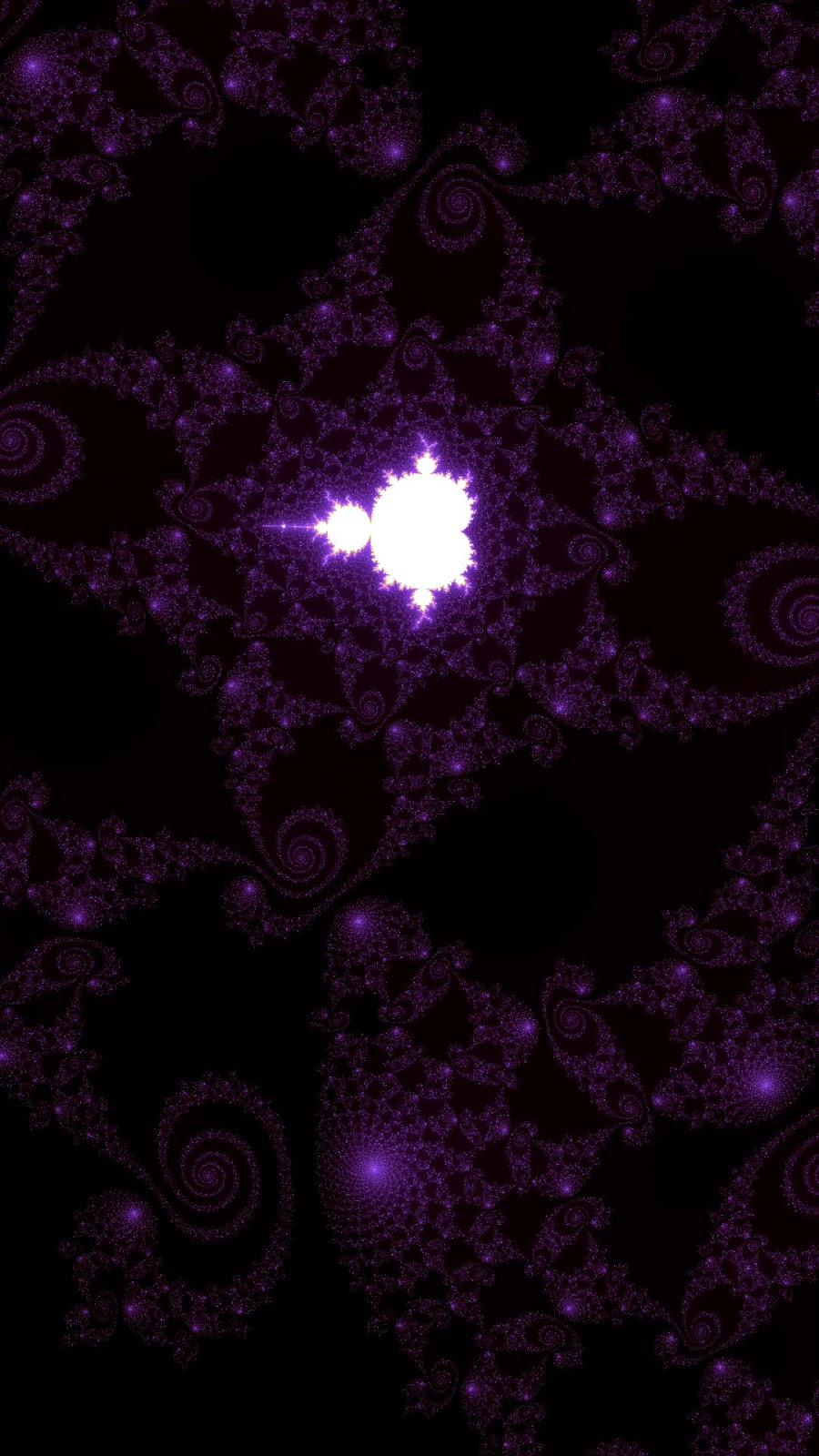Mathematical algorithms are the fundamental subunits that are
the foundation of all digitalized artwork. Prior to taking this course I only
thought about how mathematics allowed for the creation of various art forms and
creations, where each pixel is represented by a decimal which can be adjusted
to fit the artist’s imagination. Essentially, I never considered how the
progression of mathematics would actually influence, rather than merely
describe, the innovation of art. Just as how mathematics could be used to
describe phenomenon in nature.
Music, for example the piano, can be scientifically broken down to a series of frequencies resembling the note and pitch and an amplitude that relates to intensity, respectively. A fourier transformation of the sine and cosine waves can convert an integration of periodically repeating functions into melody. In my biophysics research, I apply the same concepts of algorithms described in the "frequency domain article" used to describe musical pitches, frequencies, and intensity can be used to model almost everything in life from 3D images of viruses to
Due to the advancement of technological application of mathematics, we have witnessed an entire genre of electronic based music and culture come to life during the last decade. This phenomenon also applies to artificial sounds such as a bird's cry or a person's voice.
 |
| Artificial Voice Speaking http://music.columbia.edu/cmc/MusicAndComputers/images/chapter1/words.aiff.jpg |
 |
| Bird's song http://music.columbia.edu/cmc/MusicAndComputers/images/chapter1/gull.aiff.jpg |
The interchangeability between mathematics and music - science and art - made me realize how much the evolution of our taste in music and culture is limited, and at the same time bolstered, by the advancement of the sciences and technology. Thus, the juxtaposition between the mathematics, arts and sciences is a distinct, but inseparable one as math can be used to describe art, while art is also a transformation of a quantitative reality.
Fractals describe a more direct relationship between a visible artform and its differential equation. Eric's article which introduces Mandelbrot, a form of fractal art that relates to objects found in nature to be composed of smaller subunits that is consistent in identity.
My scientific idol once said "what I cannot create I don't understand." Thus, after modifying several underlying series equations I rendered my own fractal art!
My own modification of fractal art
Citation
Burk, Phil, Larry Polansky, Douglas Repetto, Mary Roberts, and Dan RockmoreCo. "Music and Computers." Music and Computers. Columbia University, n.d. Web. 05 Apr. 2015.
Jansberg, Henrik. "The Jansberg Blog." : Violin & Viola EQ and Frequencies Part L. N.p., n.d. Web. 05 Apr. 2015.
Vesna, Victoria.
“Mathematics-pt1-ZeroPerspectiveGoldenMean.mov.” Cole UC online.
Youtube, 9 April 2012. Web. 11 Oct. 2012.
<http://www.youtube.com/watch?v=mMmq5B1LKDg&feature=player_embedded>
Weisstein, Eric W. "Mandelbrot Set." From MathWorld--A Wolfram Web Resource. http://mathworld.wolfram.com/MandelbrotSet.html


I love how informative your post is! I noticed that we both mentioned how the piano is linked to maths in terms of frequency and piano notes etc. I am also very impressed by how you used similar concepts in your biophysics research! I completely agree with your idea of how maths pushes the arts to the next level and vice versa. On my blog, I used the example of Escher's illustration of "impossible" figures and you used fractals to show the maths-arts relationship. What puzzles me about the blog is when you said that evolution of our taste in music and culture is limited by the advancement of technology. Could you please explain it to me?
ReplyDelete